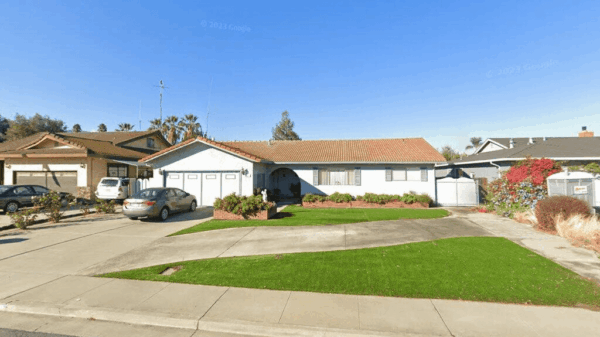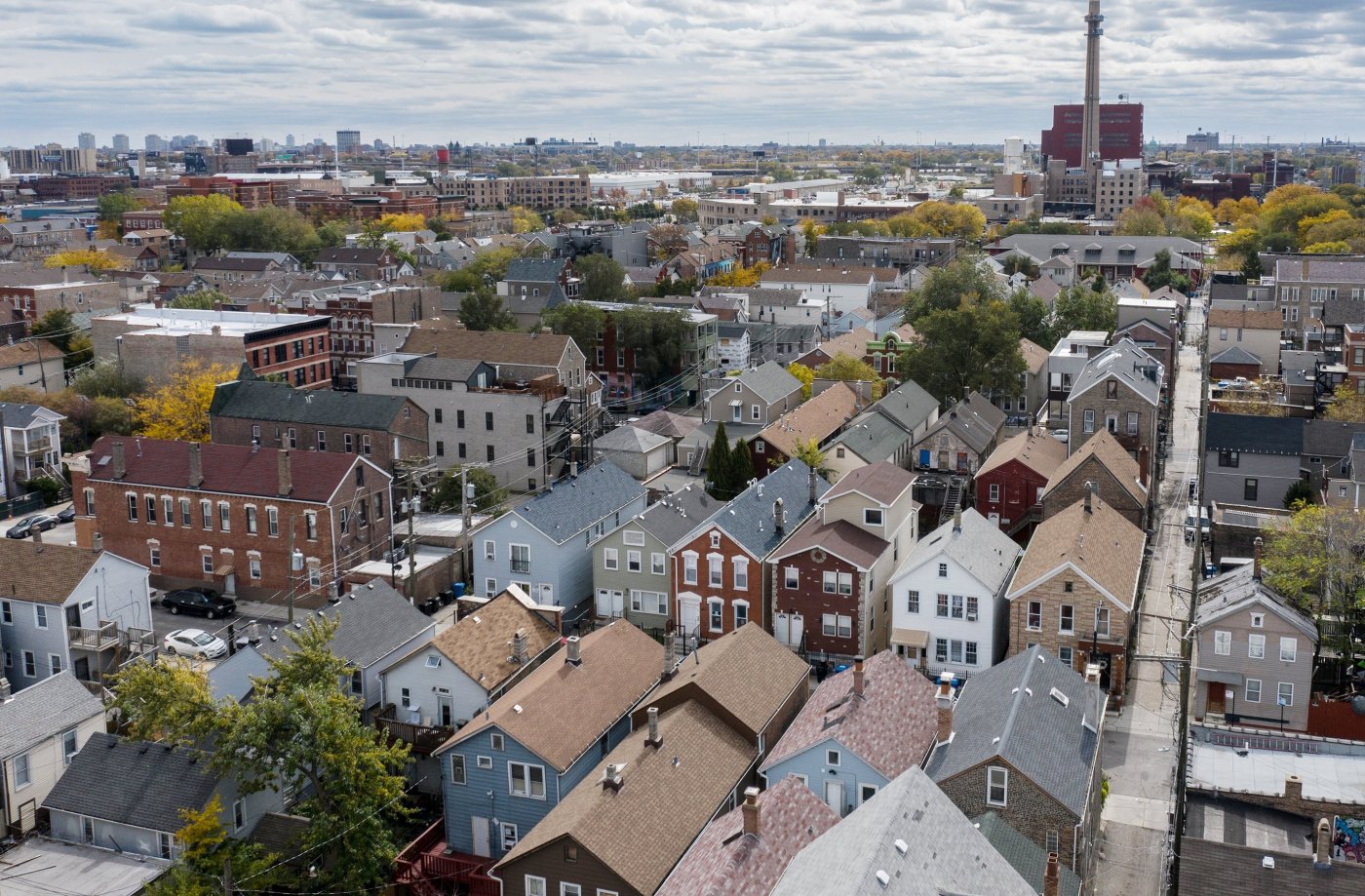UPDATE: Real estate brokers in Chicago are calling for the urgent legalization of citywide accessory dwelling units (ADUs) to tackle the city’s severe housing inventory crisis. With available homes plummeting to just 4,200 in June 2025, down from 10,024 in June 2015, the time for action is NOW.
The housing supply in Chicago has seen a staggering 58% decrease over the past decade. This alarming trend has led to skyrocketing prices, with the median home sales price soaring from $242,500 in 2014 to nearly $355,625 at the end of 2024—a 47% increase that far outpaces wage growth. Renters are feeling the crunch too, as the average rent for a one-bedroom unit jumped 98%, from approximately $991 to nearly $1,962.
To address this escalating crisis, brokers Erika Villegas and Lutalo McGee emphasize the need for ADUs—like coach houses, basement apartments, and garden units—as a swift and effective solution to expand housing options. Currently, Chicago’s limited pilot program for ADUs only covers five of the city’s 50 wards, allowing approximately 400 legal units. A citywide legalization could dramatically increase this number, providing essential housing for seniors, young adults, and families while also generating income for homeowners.
The social implications are profound. As the baby boomer generation ages—projected to account for 20% of the population by 2030—the need for accessible housing options becomes critical. ADUs not only enable seniors to age in place but also foster community ties by allowing young adults to live near family.
Moreover, the economic benefits of legalizing ADUs are significant. Construction of these units requires skilled labor and will stimulate local businesses through new residents. Existing properties outside the pilot zone, once legalized, can improve safety standards and protect tenants, while also providing an additional revenue stream for the city.
Critics argue that increased density could alter neighborhood character, but research shows that ADUs are a gentle form of density that minimally impacts parking and street views. Homeowners are encouraged to engage with neighbors early in the ADU planning process to alleviate concerns.
Chicago City Council must act swiftly to pass an ordinance that removes barriers to ADU development. This initiative requires collaboration with county and state agencies, alongside a clear public education effort about the benefits of ADUs. The proposed policy could stabilize neighborhoods, expand affordability, and alleviate the ongoing housing inventory crisis.
While ADUs alone won’t resolve the housing shortage, they represent a promising starting point. The message is clear: it’s time to legalize ADUs citywide—let’s do it NOW.





































































